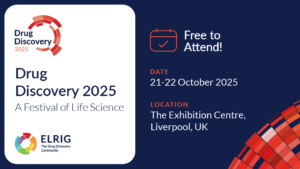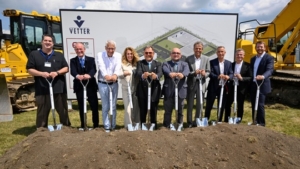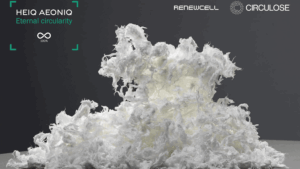
We need creative investment to tackle AMR
Each year, 700,000 people worldwide die of resistant infections; estimates say this figure will rise to 10 million victims a year by 2050 unless effective action is taken to tackle antimicrobial resistance (AMR). From an investment perspective, the main problem is a lack of incentives for the private sector to engage in AMR-related R&D. The need to use antimicrobials rationally to avoid the development of resistance seriously limits a developer’s expected return on investment (ROI). Antimicrobial R&D is mainly carried out by biotech-oriented small and medium-sized enterprises (SMEs), which face difficulties in attracting the needed investment. One of the reasons for this is national pricing schemes that do not take
account of the public health value of new antimicrobials, such
as reduced times for treatment and hospitalisation, and the economic value of preventing infections in the first place.
What can be done to address this situation? Action at two levels is needed. First, it is important to identify investors to assist SMEs in their R&D. We should inter alia be looking out for non-traditional investors, such as health insurers and hospital owners, who have an economic interest in reducing resistances. Second, there needs to be a global debate on how to reconcile the industry’s need for ROI with the need to make new antimicrobials accessible to patients, especially in developing countries where currently more people suffer from lack of access to antibiotic treatments than from resistance. Due to global mobility, bacteria in developing countries directly affect European societies. European governments should take the lead in the design of innovative incentive schemes beyond ad hoc projects, i.e. on a more permanent basis.
The United Nations Conference on Trade and Development (UNCTAD) through its World Investment Forum (WIF) on 2225 October 2018 in Geneva provides a platform for both approaches. One of its events (Fostering investment in the development of new antibacterial prevention, 24 October) will enable partnerships between developers of novel AMR treatments and interested funders, thereby providing investors with a global platform to publicise their contribution to public health. The WIF will also feature a policy dialogue between the industry, investors, payers, and governments to clarify the essential ground rules governing investment in AMR.



 Vetter Pharma International GmbH
Vetter Pharma International GmbH HeiQ/AeoniQ, Renewcell
HeiQ/AeoniQ, Renewcell